The future of AI is a topic that has been gaining increasing attention in recent years. With the rapid advancements in technology, the impact of AI on society is becoming more apparent. From self-driving cars to intelligent virtual assistants, AI is changing the way we live and work.
What is AI?
AI, or artificial intelligence, refers to the development of computer systems that can perform tasks that would normally require human intelligence, such as learning, problem-solving, and decision-making. These systems are designed to learn from data and improve over time.
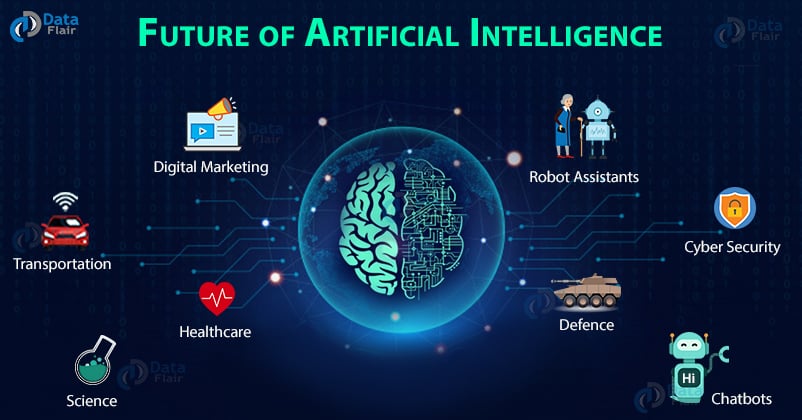 Source: bing.com
Source: bing.comThe Rise of AI
The use of AI has been steadily increasing in recent years. According to a report by Gartner, the global AI industry is expected to be worth $3.9 trillion by 2022. This growth is being driven by the increasing availability of data and the development of more powerful computing systems.
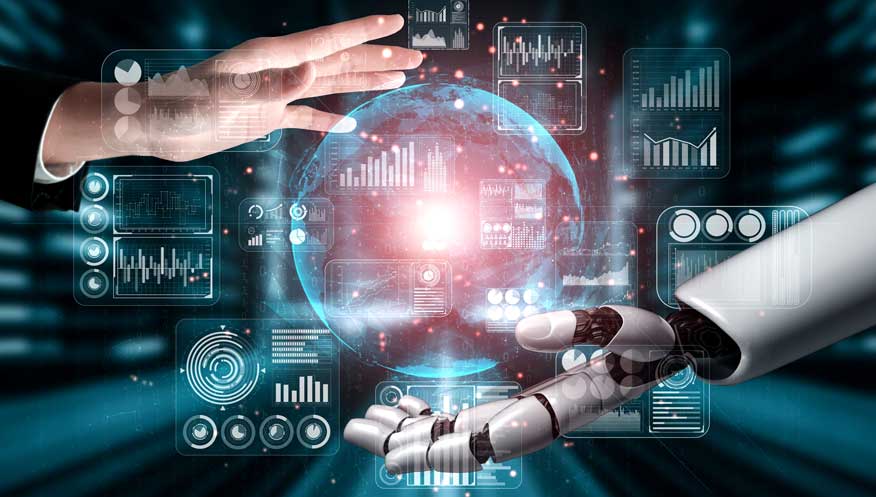 Source: bing.com
Source: bing.comThe Impact of AI on Jobs
One of the biggest concerns about the rise of AI is its impact on jobs. As AI systems become more advanced, they are able to perform tasks that were previously done by humans. This has led to fears that many jobs will become obsolete.
 Source: bing.com
Source: bing.comHowever, while AI will undoubtedly lead to job displacement in some industries, it is also likely to create new job opportunities. For example, the development and deployment of AI systems will require skilled workers in areas such as data science and programming.
The Ethics of AI
Another important issue related to the future of AI is ethics. As AI systems become more advanced, they will be given more responsibility and decision-making power. This raises questions about how these systems should be programmed and who should be responsible for their actions.
 Source: bing.com
Source: bing.comThere are also concerns about the potential for AI to be used in ways that are harmful to society. For example, there are fears that AI could be used to create autonomous weapons or to perpetuate biases and discrimination.
The Future of AI in Healthcare
One area where AI is expected to have a significant impact is healthcare. AI systems can be used to analyze large amounts of medical data and identify patterns that may be difficult for humans to detect. This has the potential to improve diagnosis and treatment outcomes.
 Source: bing.com
Source: bing.comAI is also being used to develop new medical technologies, such as robotic surgery and intelligent prosthetics. These technologies have the potential to revolutionize healthcare and improve patient outcomes.
The Future of AI in Education
AI is also expected to have a significant impact on education. AI systems can be used to personalize learning experiences and provide students with individualized feedback. This has the potential to improve learning outcomes and make education more accessible.
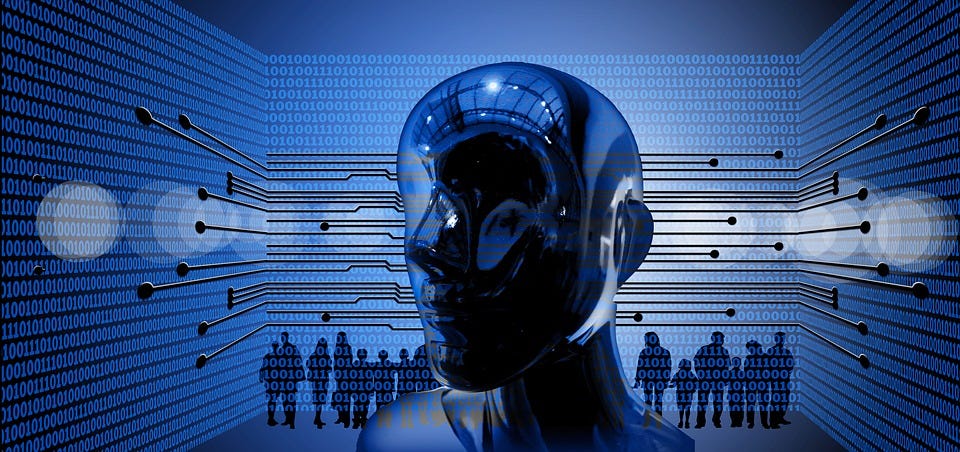 Source: bing.com
Source: bing.comAI can also be used to develop new educational technologies, such as intelligent tutoring systems and educational games. These technologies have the potential to make learning more engaging and effective.
The Future of AI in Transportation
Another area where AI is expected to have a significant impact is transportation. Self-driving cars are already being developed and tested, and are expected to become more common in the coming years.
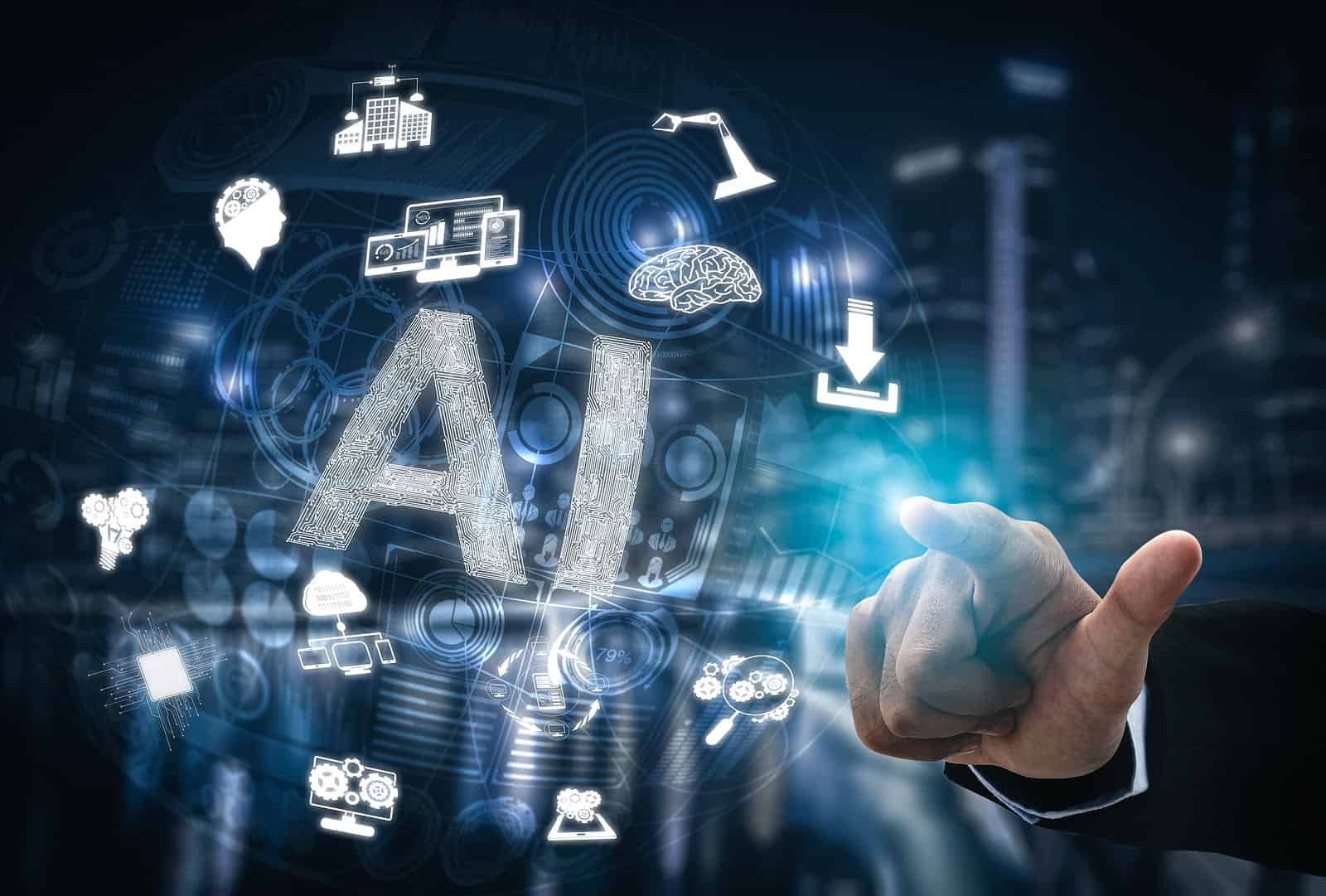 Source: bing.com
Source: bing.comAI can also be used to optimize transportation systems, such as traffic management and public transportation. This has the potential to reduce congestion and improve efficiency.
The Future of AI in Finance
AI is also expected to have a significant impact on the finance industry. AI systems can be used to analyze financial data and identify patterns that may be difficult for humans to detect. This has the potential to improve investment decisions and reduce risk.
 Source: bing.com
Source: bing.comAI can also be used to develop new financial technologies, such as robo-advisors and intelligent trading systems. These technologies have the potential to make financial services more accessible and affordable.
The Future of AI in Agriculture
AI is also expected to have a significant impact on agriculture. AI systems can be used to analyze data from sensors and other sources to optimize crop yields and reduce waste.
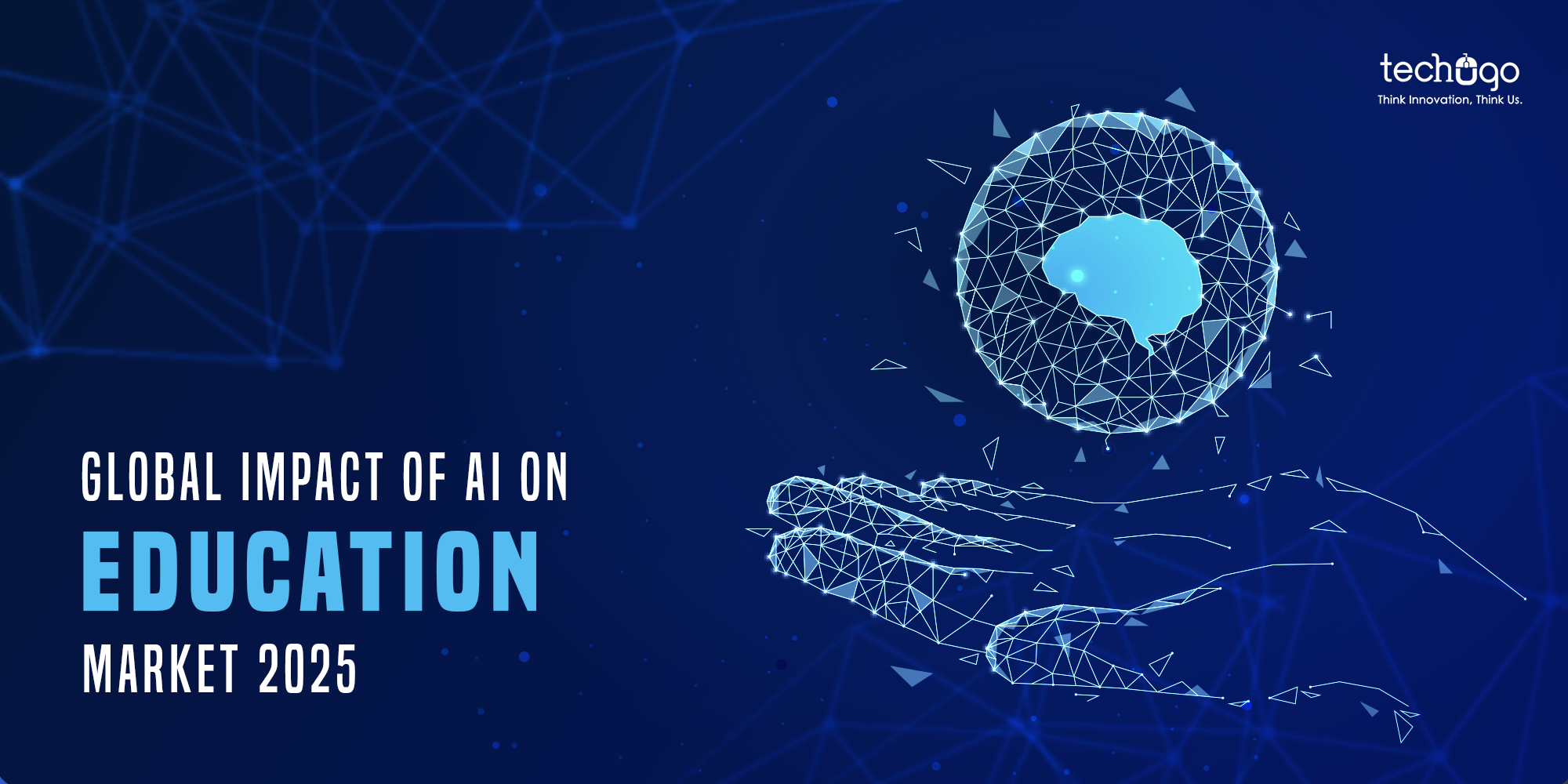 Source: bing.com
Source: bing.comAI can also be used to develop new agricultural technologies, such as autonomous farm equipment and precision agriculture systems. These technologies have the potential to improve efficiency and reduce the environmental impact of agriculture.
The Future of AI in Manufacturing
AI is also expected to have a significant impact on the manufacturing industry. AI systems can be used to optimize production processes and reduce waste.
 Source: bing.com
Source: bing.comAI can also be used to develop new manufacturing technologies, such as intelligent robots and 3D printing systems. These technologies have the potential to improve efficiency and reduce costs.
The Future of AI in Retail
AI is also expected to have a significant impact on the retail industry. AI systems can be used to personalize shopping experiences and improve customer service.
 Source: bing.com
Source: bing.comAI can also be used to develop new retail technologies, such as intelligent chatbots and virtual shopping assistants. These technologies have the potential to improve efficiency and reduce costs.
The Future of AI in Entertainment
AI is also expected to have a significant impact on the entertainment industry. AI systems can be used to personalize content recommendations and improve the user experience.
AI can also be used to develop new entertainment technologies, such as intelligent virtual reality systems and interactive storytelling platforms. These technologies have the potential to revolutionize the entertainment industry.
The Future of AI in Energy
AI is also expected to have a significant impact on the energy industry. AI systems can be used to optimize energy production and reduce waste.
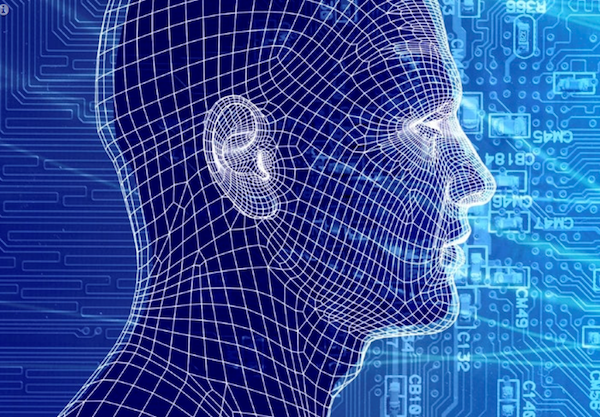 Source: bing.com
Source: bing.comAI can also be used to develop new energy technologies, such as smart grids and intelligent energy storage systems. These technologies have the potential to improve efficiency and reduce the environmental impact of energy production.
The Future of AI in Government
AI is also expected to have a significant impact on government. AI systems can be used to analyze data and make better-informed policy decisions.
 Source: bing.com
Source: bing.comAI can also be used to improve government services, such as healthcare and public safety. These technologies have the potential to make government more efficient and effective.
The Future of AI in Security
AI is also expected to have a significant impact on security. AI systems can be used to analyze large amounts of data and identify potential threats.
 Source: bing.com
Source: bing.comAI can also be used to develop new security technologies, such as intelligent surveillance systems and predictive policing algorithms. These technologies have the potential to improve public safety and reduce crime.
The Future of AI in Space Exploration
AI is also expected to have a significant impact on space exploration. AI systems can be used to analyze data from space probes and satellites, and to control autonomous spacecraft.
 Source: bing.com
Source: bing.comAI can also be used to develop new space technologies, such as intelligent robotic systems and autonomous space vehicles. These technologies have the potential to revolutionize space exploration.
The Challenges of AI
While the future of AI is full of promise, there are also a number of challenges that need to be addressed. One of the biggest challenges is ensuring that AI systems are transparent and accountable.
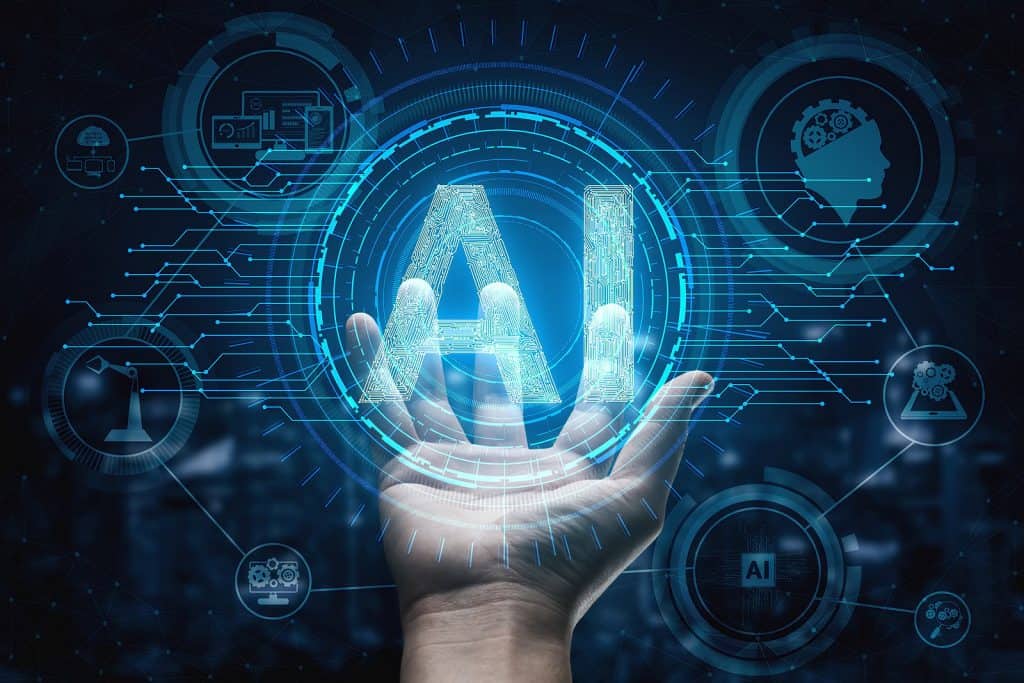 Source: bing.com
Source: bing.comThere is also a need to ensure that AI systems are unbiased and do not perpetuate existing inequalities. Additionally, there are concerns about the potential for AI to be used in ways that are harmful to society.
Conclusion
The future of AI is full of promise, but also presents a number of challenges. As AI systems become more advanced and more ubiquitous, it is important to ensure that they are developed and used in a responsible way that benefits society as a whole.